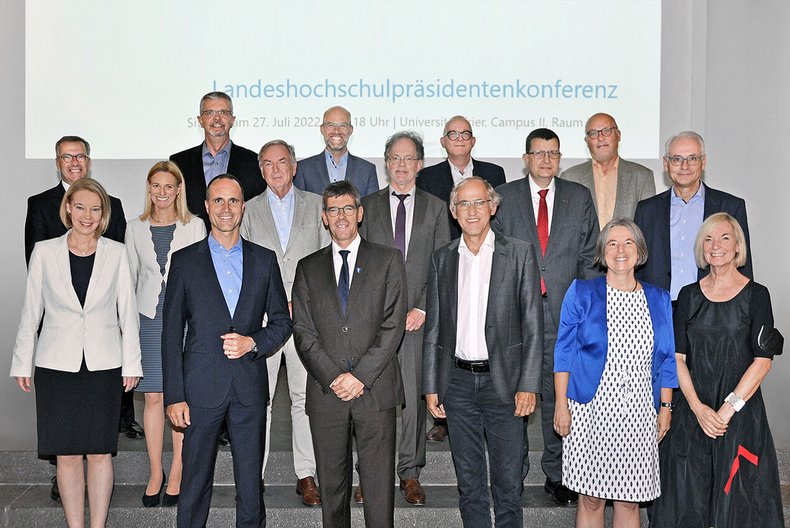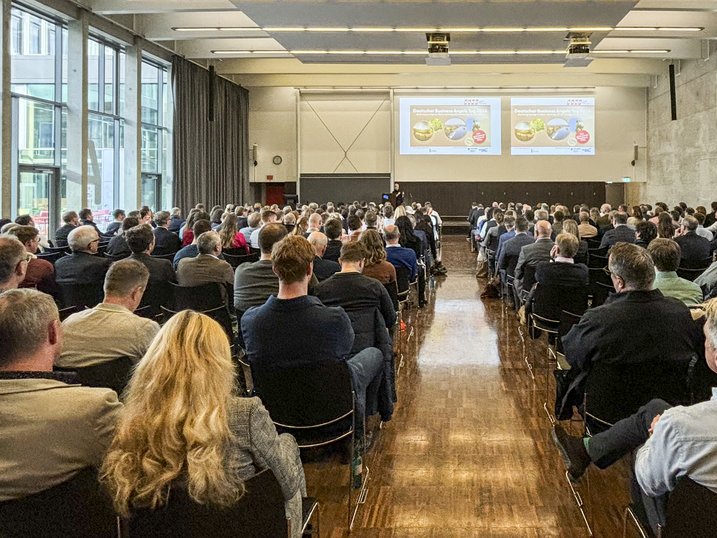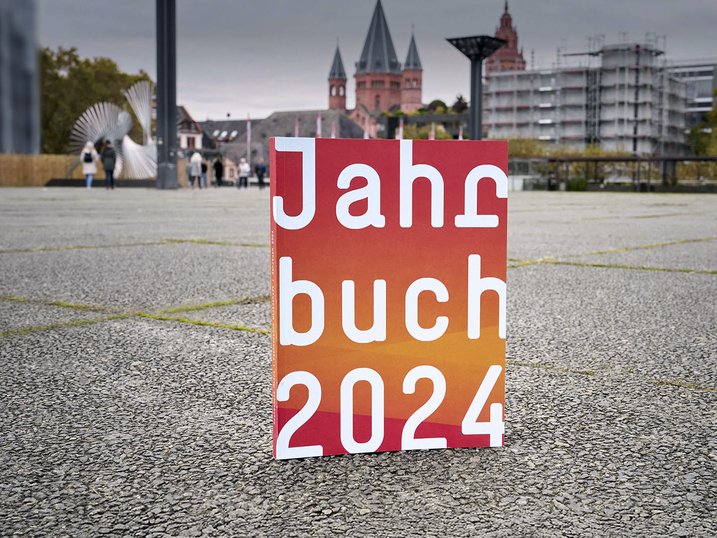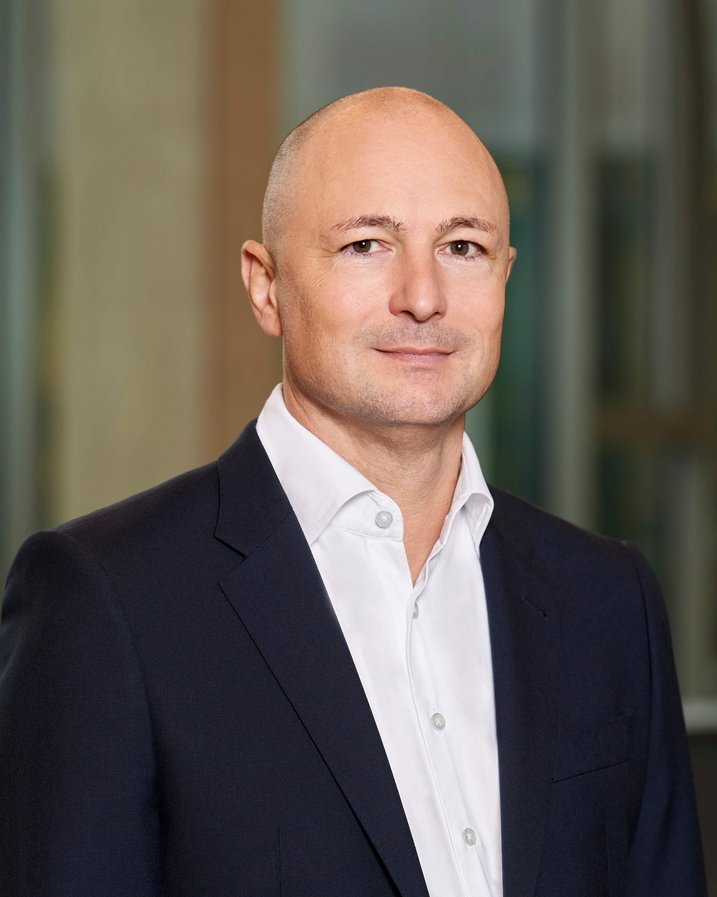The energy crisis, a backlog in the renovation of buildings and the right to award doctorates to universities of applied sciences: At their meeting at the University of Trier, the presidents of the state's universities and universities of applied sciences discussed issues of relevance to the future and focused on the upcoming winter semester with Science and Health Minister Clemens Hoch.
In-person is a key term when looking at the organization of the upcoming winter semester at the universities in Rhineland-Palatinate. The leadership of the universities and universities of applied sciences are largely in agreement in wanting to hold the semester with in-person attendance, as far as circumstances permit. Impending energy shortages and the unforeseeable development of the covid pandemic in the fall and winter pose the greatest hurdles. Universities have gained considerable experience in dealing with the pandemic. They are preparing to deal with energy shortages by implementing cost-saving measures and scenarios for classroom teaching while using energy efficiently. “This is an area where we also want and need to be role models. Dialogue on this is well underway in many places,” said Professor Dr. Dr. h.c. Michael Jäckel, Chairman of the State University Presidents’ Conference (LHPK) and President of the host University of Trier.
There has been some movement, on the other hand, in the push by the universities of applied sciences to obtain the right to award doctorates, which has thus far been reserved for universities in Rhineland-Palatinate. “We are in a constructive exchange with the state’s universities in preparation for a transfer of the right to award doctorates and will work hard for the right of universities of applied sciences to award doctorates, which will do justice to the specifics of this type of higher education institution,” says LHPK Deputy Chairwoman Professor Dr. Susanne Weissman, who is also the spokesperson for the state’s universities of applied sciences.
The upcoming biennial budget of the state and the funds it provides for universities or the continuation of the state’s research initiative are other topics the LHPK will have regular internal discussions on in the coming months, as well as with the ministry.




